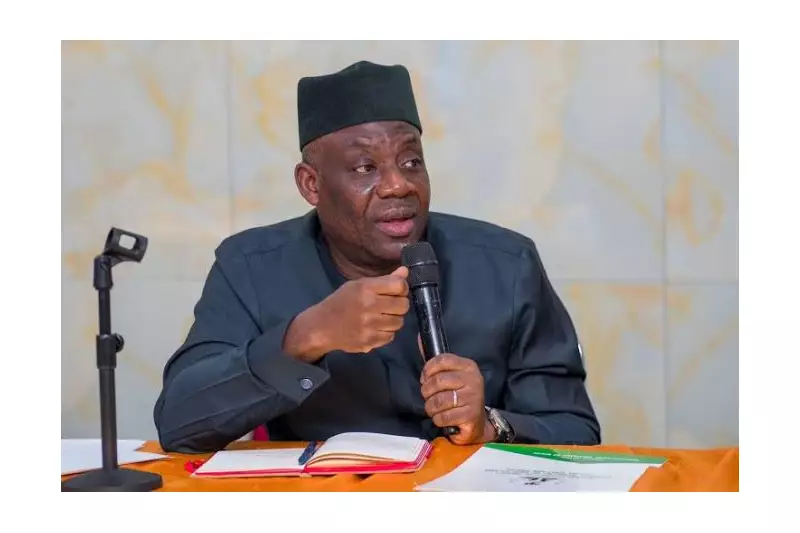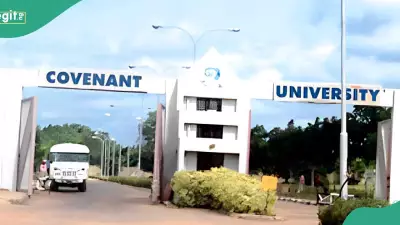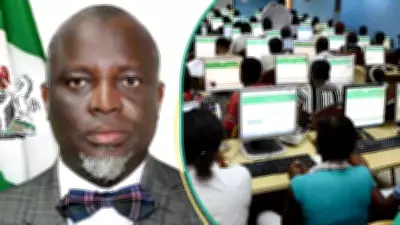
In a groundbreaking move set to transform Nigeria's educational landscape, the Federal Government has unveiled an ambitious blueprint to achieve complete broadband internet connectivity across all tertiary institutions by the year 2026. This digital revolution promises to bridge the technological divide and position Nigerian universities and polytechnics at the forefront of global education technology.
Digital Transformation Timeline
The comprehensive connectivity strategy outlines a phased implementation approach, with the Federal Government working in close collaboration with telecommunications providers and educational stakeholders. This initiative represents one of the most significant infrastructure investments in Nigeria's education sector in recent decades.
Revolutionizing Academic Excellence
Once fully implemented, the broadband connectivity project will enable:
- Enhanced research capabilities through access to global academic databases and digital libraries
- Seamless virtual learning platforms and distance education programs
- Real-time collaboration between Nigerian institutions and international academic partners
- Digital skill development for students and faculty members
Strategic Importance for National Development
Education experts have hailed this initiative as a critical milestone in Nigeria's journey toward digital sovereignty. The widespread broadband access will not only improve educational outcomes but also foster innovation and entrepreneurship among the nation's youth population.
"This connectivity project represents more than just internet access—it's about creating equal opportunities for students across all geographical locations in Nigeria," stated an education ministry official involved in the planning.
Implementation Framework
The rollout will prioritize institutions in underserved regions while ensuring that all federal and state universities, polytechnics, and colleges of education benefit from the high-speed internet infrastructure. Technical teams are already conducting site assessments to determine the specific requirements of each institution.
As the 2026 deadline approaches, educational stakeholders are optimistic that this digital transformation will position Nigerian graduates for success in the increasingly technology-driven global economy.





